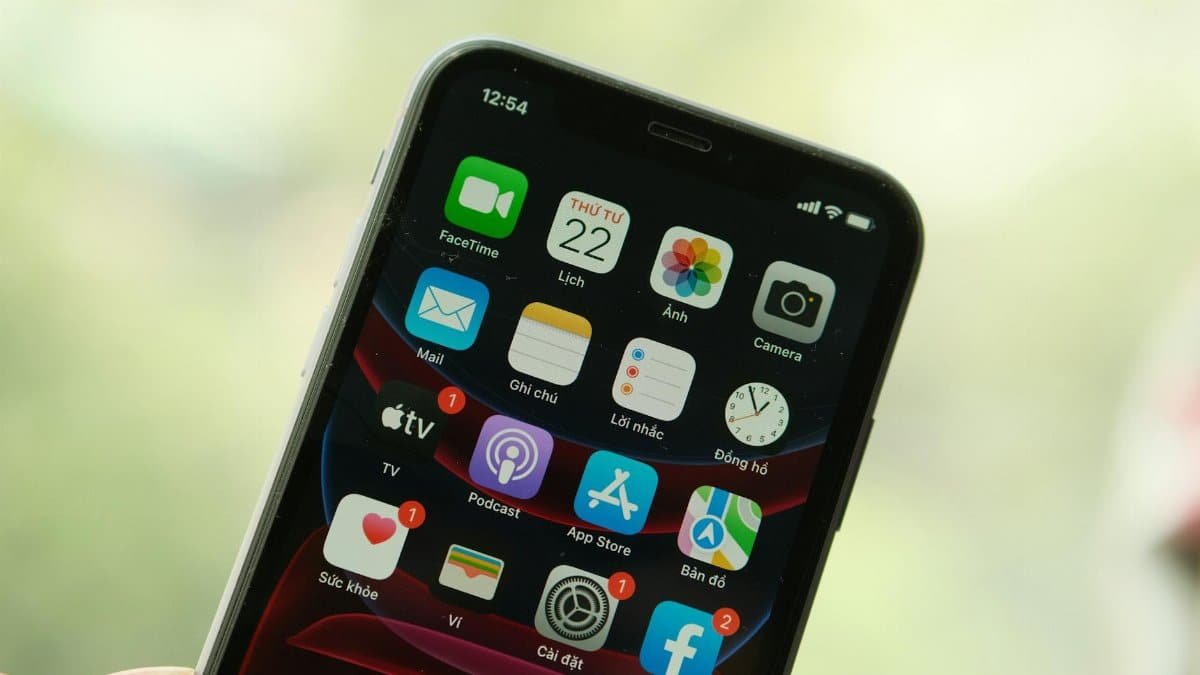New data shows 40% of Americans are turning to mindfulness practices amid rising stress levels, with self-inquiry emerging as a key player in healthcare settings. This calm meditation focus, rooted in introspective techniques, is quietly revolutionizing how doctors and therapists address mental health. From reducing anxiety to enhancing emotional resilience, it’s not just a wellness trend—it’s becoming a clinical tool. As healthcare providers integrate these methods, patients report better outcomes in managing chronic conditions. But what’s driving this shift, and how effective is it really?
What is Self-Inquiry?

Self-inquiry stands as a form of meditation where individuals question their thoughts and identity to foster inner peace. Unlike traditional mindfulness, it dives into the “Who am I?” query, promoting a calm meditation focus that clears mental clutter. Originating from ancient philosophies, it’s now adapted for modern therapy. Practitioners sit quietly, observing thoughts without judgment, leading to profound insights. This practice appeals to those seeking deeper self-awareness beyond surface-level relaxation.
Healthcare’s Growing Adoption

Hospitals and clinics across the U.S. are incorporating self-inquiry into treatment plans. Psychiatrists use it alongside cognitive behavioral therapy to tackle depression and PTSD. A study from Harvard Medical School highlights its role in lowering cortisol levels, the stress hormone. Patients undergoing cancer treatment find it eases emotional burdens. This integration marks a shift from medication-heavy approaches to holistic care, with therapists training in these techniques to meet demand.
Benefits for Mental Health

Self-inquiry delivers tangible benefits for mental well-being. Research indicates it boosts focus and reduces rumination, key factors in anxiety disorders. Participants in programs report improved sleep and emotional stability. One key advantage is its accessibility; no equipment needed, just a quiet space. In a fast-paced world, this calm meditation focus helps individuals regain control over racing thoughts, leading to sustained mental clarity.
Challenges in Implementation

Despite its promise, rolling out self-inquiry in healthcare isn’t seamless. Skepticism from traditional medical circles persists, with some viewing it as pseudoscience. Training healthcare workers requires time and resources, and not all patients engage easily. Cultural barriers also play a role, as introspective practices may clash with Western mindsets. Addressing these hurdles demands evidence-based advocacy to build trust and widespread acceptance.
Real-World Applications

In everyday healthcare, self-inquiry appears in group sessions for stress management. Corporate wellness programs adopt it to combat burnout among employees. Schools introduce simplified versions to help students with focus issues. Veterans’ hospitals use it for trauma recovery, with participants noting reduced flashbacks. These applications show how this calm meditation focus translates from theory to practical relief in diverse settings.
Supporting Research and Evidence

Solid data backs self-inquiry’s efficacy. A 2023 meta-analysis by the American Psychological Association reviewed studies showing significant reductions in anxiety symptoms. Links to brain imaging reveal changes in neural pathways associated with calm. For deeper dives, check the National Institutes of Health study on mindfulness, which supports related practices. Another resource is the APA’s overview of meditation benefits, confirming its role in focus enhancement.
Patient Stories and Outcomes

Real people underscore the impact. Take John Ramirez, a New York accountant who battled chronic stress. After incorporating self-inquiry into his routine, he cut his panic attacks by half. Therapists share similar tales from clients with insomnia, who now sleep soundly. These anecdotes, paired with clinical data, illustrate how this approach fosters lasting calm and focus in chaotic lives.
Future Directions in Healthcare

Looking ahead, experts predict broader insurance coverage for self-inquiry programs by 2025. Telehealth platforms are developing apps to guide users remotely. Collaborations between tech firms and medical bodies aim to standardize protocols. As research accumulates, this calm meditation focus could become a staple in preventive care, shifting healthcare toward proactive mental health strategies.
Expert Opinions

Dr. Elena Vasquez, a psychiatrist at Mount Sinai Hospital, states, “Self-inquiry empowers patients to heal from within.” Wellness coach Mark Thompson adds, “It’s about building resilience through introspection.” These voices from the field emphasize its transformative potential, urging more professionals to embrace it.
How to Get Started

Interested in trying self-inquiry? Begin with five minutes daily, sitting comfortably and gently questioning your thoughts. Apps like Headspace offer guided sessions. Consult a healthcare provider for personalized advice, especially if dealing with mental health issues. Consistency is key to unlocking its full benefits in achieving calm meditation focus.
